70% ARV: The Hard Money Trick That Could Cost You
When a hard money lender tells you they’ll give you 70% ARV, what does that really mean?
Hard money lenders often say they lend up to 70% or 75% of the after-repair value (ARV) of a property.
Did you know that’s often misleading?
When private lenders (big hard money lenders backed by Wall Street funds) say they lend up to 70% of the ARV, there’s a slight trick that some borrowers miss.
Let’s go over the differences that “70% ARV” might mean for different lenders, so you can maximize your LTV.
The Full Cost of Your Flip
One thing to remember when you’re looking at fixed and flip loans: there are a lot of other costs besides the down payment. You’ll also have closing costs, points, interest, insurance, and other expenses not included in the amount most lenders give you.
We want to make sure we minimize how much comes out of your pocket so you can do more deals or at least get to that first deal.
The 70% Myth
Typically, most lenders in this market will lend you up to 70% of the after-repair value. This ARV is what you’ll be able to sell a property for (not buy it for). It’s how much it should be worth after it’s fixed up.
But here’s the caveat big hedge fund hard money lenders have:
That total 70% of the ARV is split between the purchase price and rehab. And typically, they’ll do 100% of rehab costs but limit the purchase price to 85%.
And this is for their best clients. You’ll see these LTVs cut, depending on your quality, the size of your market, and the location of your property. Smaller markets can go down to 80/90 for purchase price/rehab. Rural properties could go down to 65% overall – if they’ll even lend to you at all.
So the 70% is only for the best properties in the best areas. Let’s dive in and find out exactly how they don’t get to that 70% that they promise you.
Example of the 70% ARV Myth
Let’s look at a property that has an ARV of $200,000. This is what you think you’re going to sell it for, based on the comps.
If our hard money lender is going to give us 70% of it, that’s $140,000 max.
This works for most deals. As long as you follow these budgeting guidelines:
- Real estate agent: 5%
- Lender fees: 8%
- Closing costs: 2%
- Profit: 15%
Now, let’s say you’re purchasing a property for $120,000 and you’re going to put $20,000 into rehab. This gets you right to the $140k your lender will give you.
But now we got to remember one thing:
Best case, they’re only going to lend you 85% of the purchase price. In this case, that’s only $102,000. (They’ll still cover 100% of the rehab in escrow).
This leaves $18,000 you’ll be paying for out-of-pocket. Plus, many of these lenders require 6 months’ worth of reserves (we’ve even given short-term loans to investors just so they had enough reserves to get a loan from one of these other larger hard money lenders).
Hard Money Lenders With a True 70% ARV
A smaller, local hard money lender like Hard Money Mike has a different approach to LTVs. Let’s walk through this example with the same $200,000 ARV property.
When we lend 70% of the ARV, that’s a true $140,000 for the right client and deal. This means the purchase is fully funded – plus you get the $20,000 in escrow for rehab costs.
Finding the Right Hard Money Loans
The offer from the bigger lenders will be right for some people. But if you want to maximize your leverage, small hard money lenders like Hard Money Mike give you an alternative.
Want to see if we have the right loans for your project? Reach out to us at Info@HardMoneyMike.com.
Happy Investing.

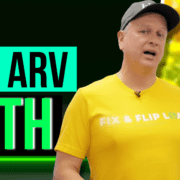
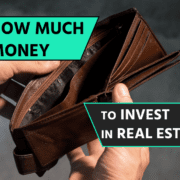
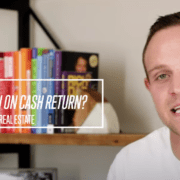

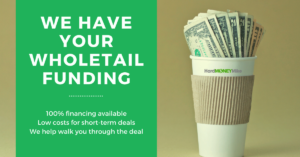
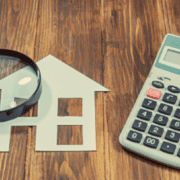

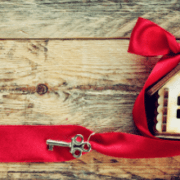



 ach
ach